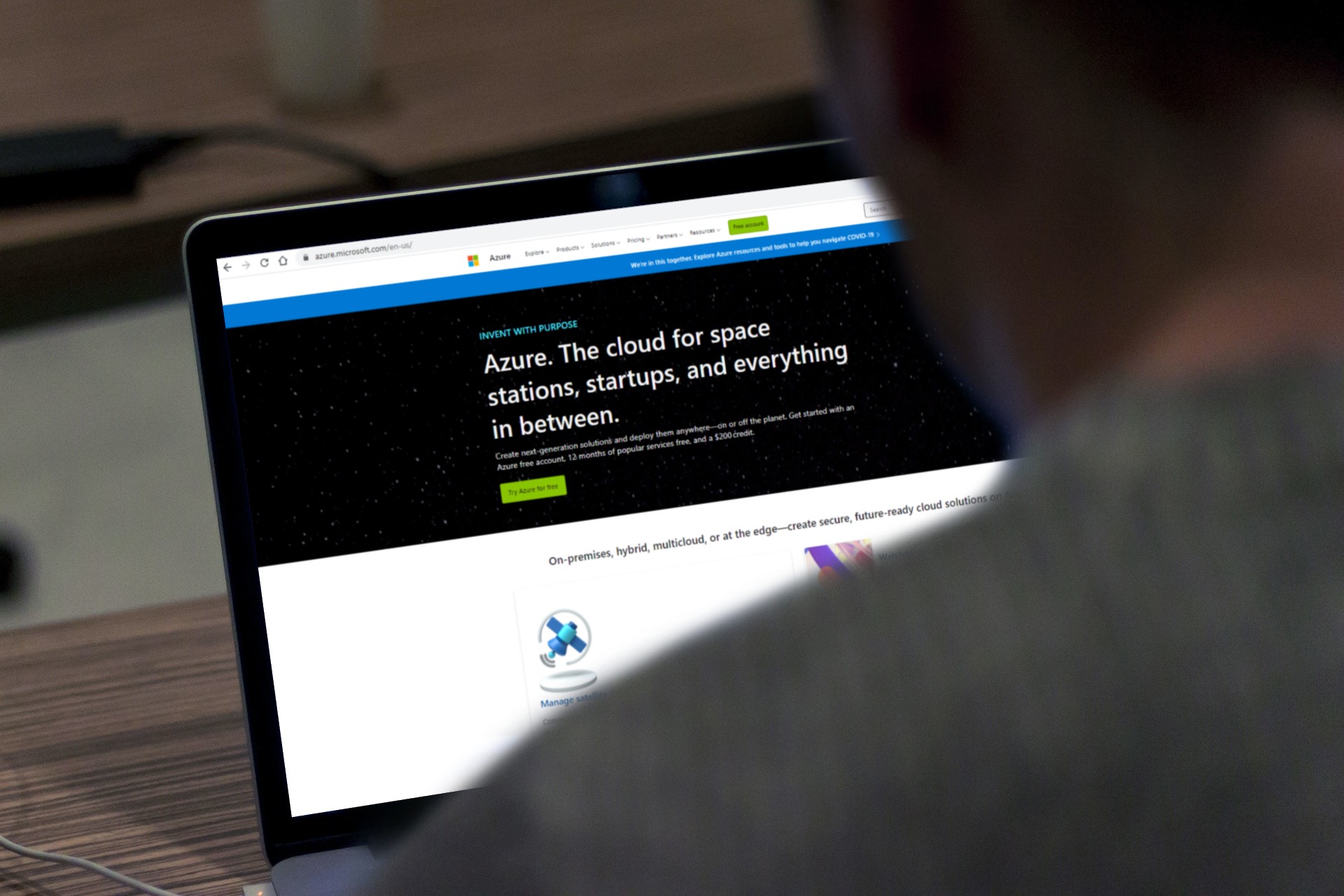Organizations that intend to implement Dynamics 365 Business Central can choose on-premises versions (using their own server resources) or SaaS versions (hosting in the Azure cloud). What are the arguments for one or the other solution?
On-premises
On-premises is a solution for those organizations that want to store data locally. In this case, the license is purchased as your property, which is associated with a one-time fee (optionally, you can buy an annual BREP subscription – Business Ready Enhancement Plan).
In this case, the company using Dynamics 365 Business Central deals with the administration of the server itself. In this case, an experienced IT team is highly recommended, which will take care of data protection and provide the necessary support for IT infrastructure. This is a good solution for those entities that have their own servers and therefore do not need to make additional investments.
What are the advantages of installing Dynamics 365 Business Central on-premises?
- Full control over hardware and server processes.
- Full control over data security.
- Control over the implementation of updates and upgrades.
- Less dependence on internet connection.
SaaS
Hosting the system in the cloud using the SaaS model involves monthly fees, which are much lower than the one-time fee that occurs in the case of the on-premises model. It is worth noting that SaaS is a slightly more flexible solution, as for a small fee you can increase the number of users as your organization grows. The big advantage of opting for the cloud is simply convenience, that means that you do not have to deal with maintaining the IT infrastructure. In the case of Dynamics 365 Business Central in the SaaS version, Microsoft is fully responsible for maintaining the IT infrastructure. The Azure cloud is used, which guarantees the availability of services at the level of 99.9%.
What are the advantages of implementing Dynamics 365 Business Central in the SaaS version?
- A modern approach to IT infrastructure management.
- Higher flexibility. Additional licenses can be purchased without high cost.
- Comprehensive maintenance of IT infrastructure and guaranteed high reliability.
- Additional services – as part of the Azure cloud, organizations have access to integrated services that also process data in the cloud. Among others, Power BI, Share Point, Power
- Apps and AI & Machine Learning solutions.
- The on-line version generally receives updates faster than the on-premises version. In addition, updates do not require advanced technical knowledge (which is often necessary when updating on-premises).
The popularity of systems from the Microsoft Dynamics family
Microsoft Dynamics 365 Business Central is one of the most popular ERP systems in the world. Working with Dynamics 365 Business Central is similar to working with well-known and liked solutions from the Micorosoft family (e.g. Office or Windows), therefore it is a solution that is eagerly used by employees.
The numbers speak for themselves. Systems from the Microsoft Dynamics family have been on the market for 32 years, and 220,000 companies from 196 countries use them. As a result, it is estimated that over 3 million users use the Dynamics system every day.
